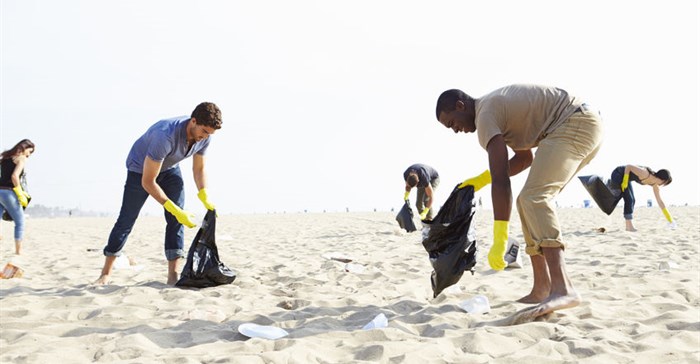
Related
Top stories






More news

















Logistics & Transport
Uganda plans new rail link to Tanzania for mineral export boost









Two trends in particular – the desire for immersive and connected travel experiences as well as digital and cyber economy innovation – are banging on the tourism door as we prepare for 2017.
Leisure Tourists are seeking ever more authentic and experiential connections with the destinations they choose. One major leisure travel segment; the ‘empty nester’ generation (aged 45 and older with children who are out of the house) are seasoned travellers and they are now looking for experiences that go beyond simply seeing the destination’s attractions or enjoying sun, sea, and sand. They are looking to engage with cultures and communities, and they want to engage with the planet and with the environment.”
As a result, “enclave tourism”, centred around exclusive resorts and holiday destinations, or “controlled packaged tourism” where the tourist only interacts with a guide or driver and hotel staff, is no longer going to cut it.
And this trend is also true for the ‘millennial’ generation – people who reached young adulthood around the year 2000. Together, the empty nesters and millennials easily constitute the majority of travellers globally.
Millennials want to make a difference and reverse the perceived exploitative impact they feel prior generations have heaped on the planet and mankind.
This trend is particularly relevant for leisure travel in Africa. Experiences could be anything from travellers actively engaging with gorillas or penguins, or tracking cheetahs to interacting with traditional communities, visiting orphanages and HIV clinics, and hands-on experiences with wildlife conservation.
Giving back to destinations, ensuring their activities as tourists are benefitting local communities, or helping to conserve the environment is now essential for many travellers. The trend lends itself to ‘voluntarism’ where millennials, in particular, may stay for a number of weeks and effectively work in NGOs, in addition to lying on the beach and partying at night.

While experiential tourism is taking place in South Africa, the concept will see ever growing demand, wider acceptance, and implementation. Even if it’s not voluntarism, you don’t just go to a wine farm and taste, you have an exclusive experience of the vineyards, walking the fields, perhaps pruning or picking grapes and you experience the production process walking through the cellars, trying to do a blend yourself and labelling your own bottle to take away.
In many countries, for example, you have visitor centres where you can experience tours of major factories and other unusual facilities – car manufacturers, glass, pottery, clothing – that tap into a destination’s other economic strengths.
The tourism industry has to wake up to the world of technological innovation, where data collection and analysis, and connectivity of people and things will permeate the travel experience at every step of the customer journey.
While there will always be the physical delivery side of tourism, providers must find the balance between cyber touch points and traditional touch points; even varying this by market segment. For many years, some travellers will not embrace cyber-enabled processes and experiences so, the physical only travel system will also have to exist side by side with the technology enabled system.
The tourism sector must be ready for a world that IT entrepreneur Stafford Masie calls a “sensory membrane of ubiquitous real-time, federated subsystems” that seamlessly communicate to, for and with, everybody and everything. It’s the entire customer journey from the time they start looking for information to after they leave when you proactively continue to keep in touch and respond through digital media. It’s the relationship, a chain, a cycle.

Imagine a future where you are seamlessly communicated to – via mobile or wearable tech – by the airline and airport regarding your boarding gates, flight status and the like. Between your airline and hotel, your geo-tagged and ID’d baggage is automatically delivered to your hotel room and your hotel room choice and access is set up via your cell phone through mobile check-in and room selection.
Your room is already set to your preferred temperature, with your favourite tipple on hand. The pillows you always order on the bed, the desk cleared and set out how you left it last time, while your room layout, mood lighting, and smells are set dependent on your reason for travel. You communicate, electronically and accurately in your language with room service, reception or maintenance, and request services from wherever you are – by the pool, in the lounge, at the bar, at a “tap on a wearable”.
Tourism is an industry that already ranks high in both internet commerce and online research and customers are ready for technological applications, especially the digital native millennials. In South Africa, the industry is barely starting and the development of apps that link together to provide holistic service will become the norm. Those who don’t innovate risk being left behind.